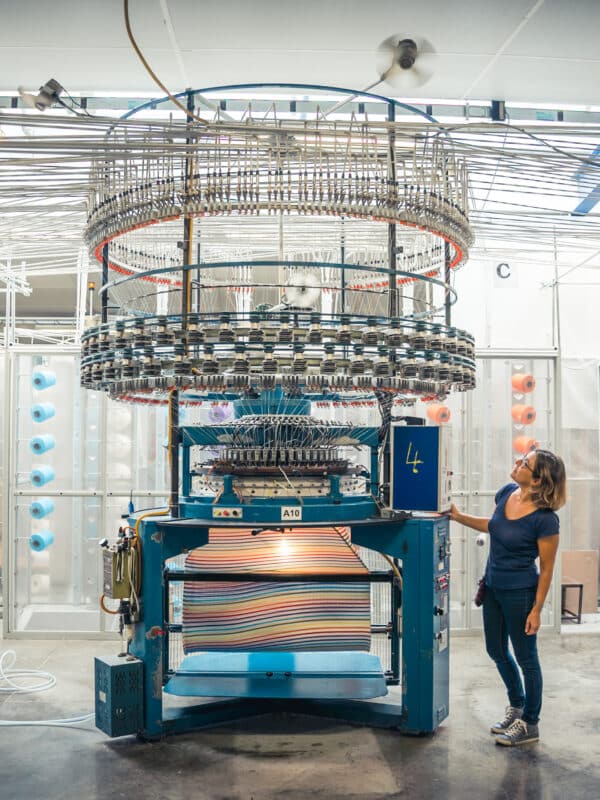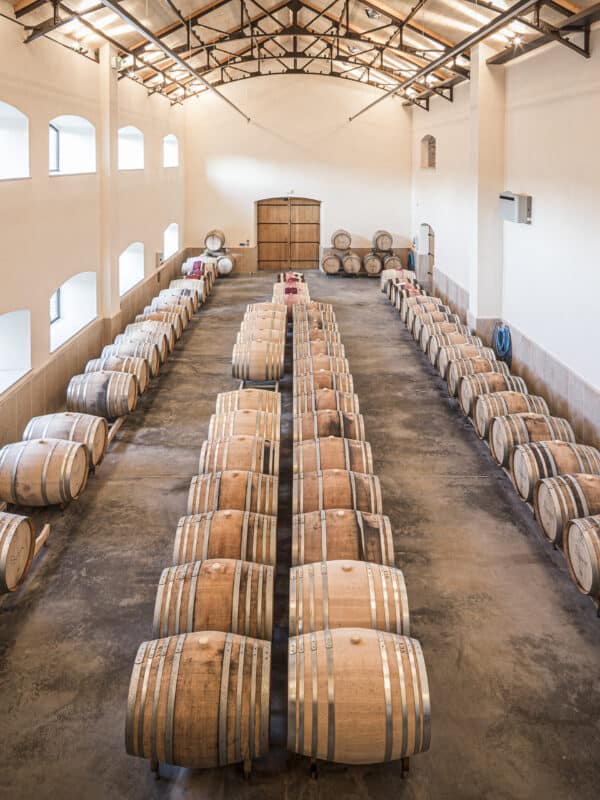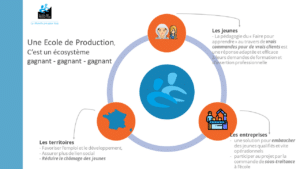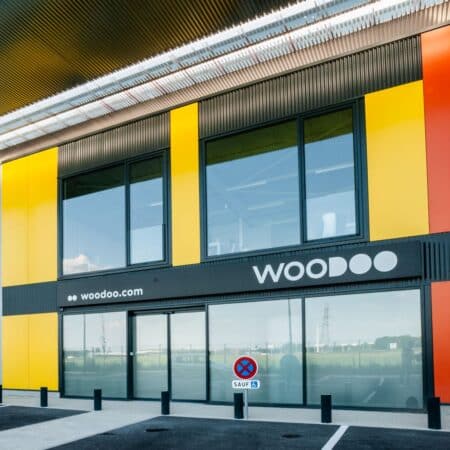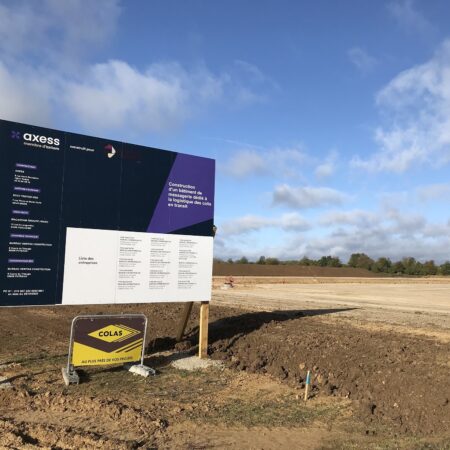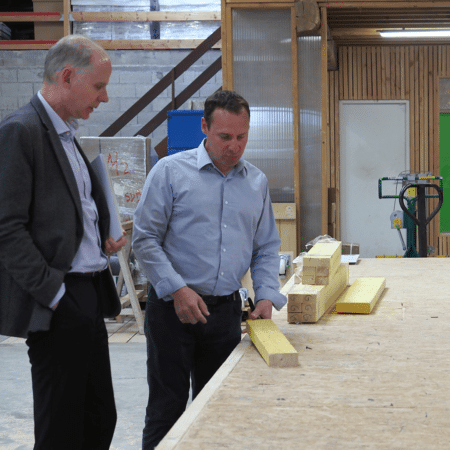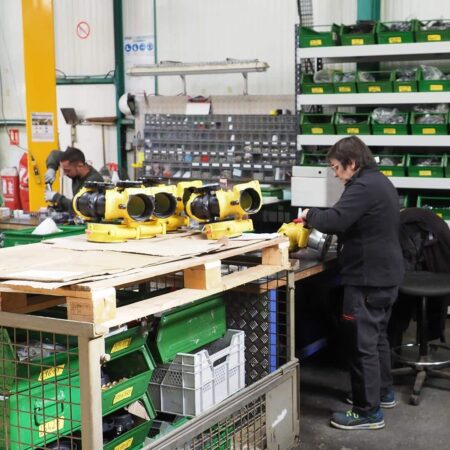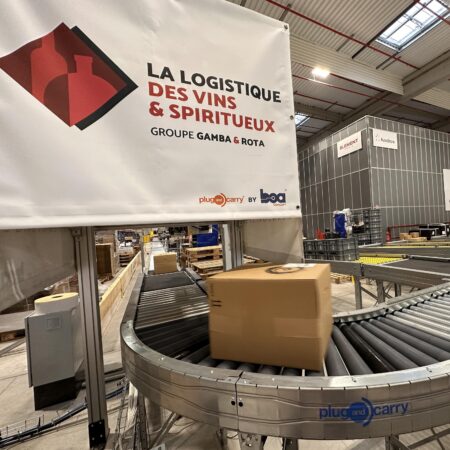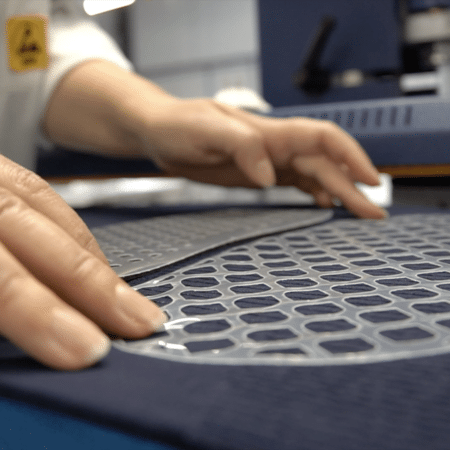Employment/Training: Companies in the Nogent area set up their production school
“The new model is the one that opens up perspectives”
The École de production model is not entirely new: there are around forty of them in France. But none yet in the Grand Est region. And yet, the region is one of those that suffers most from a shortage of production workers, due to the historical importance of its industry. Southern Haute-Marne in particular has been identifying this need for skills in its cutting-edge industries for many years. So the Nogentech cluster took up the challenge of creating a tailor-made school to meet the needs of its companies, but also to offer young people in the area local solutions for integrating into the world of work. The “École de production du Sud Haute-Marne” association, chaired by Franck Kwasiak, Managing Director of Gillet Group, came into being in December 2021, after the project was selected by the French government as part of a Call for Expressions of Interest in November 2021.
A school that meets needs as closely as possible
In Sud Champagne, and more particularly in the south of Haute-Marne, companies export to the four corners of the world, manufacturing surgical instruments, orthopaedic implants, petanque balls and parts for the automotive, rail and aerospace industries. Metalworking is at the heart of the region’s expertise, although companies have become more diversified over the years.
“Despite these success factors, manufacturers are all facing recruitment problems. That’s why they’ve decided to launch their own production school, which will initially train mill-turners prepared for the demands of the aerospace and medical sectors. The training provided is designed to meet the needs of the market”, explains Delphine Descorne-Jeanny, President of the Nogentech cluster.
How to train young people for excellence
These are private technical schools, recognised by the State, which offer a ‘third way’ of training, between vocational high schools and apprentice training centres, to all motivated young people aged 15 and over who want to learn their trade in a different way.
The special feature of the Production School is that it puts young people in real-life situations 24 hours a week, working on real orders from local manufacturers. During their apprenticeship, they are thus confronted with the quality, cost and deadline requirements of the world of work, while benefiting from general, technical and human education on site.
“The aim is to train young people in jobs that are in short supply in the region, so that we can provide manufacturers with future employees who have the necessary skills, know-how and knowledge,” explains Delphine Descorne-Jeanny.
The school is open to all, including those with educational or social difficulties, provided they are medically fit to follow the courses offered. The aim is to offer them educational and social support through excellent technical teaching. To supervise future students, the Production School recruits a Director and Professional Masters from the industry. According to its articles of association, the association will also be able to take in adults as part of continuing education and develop ancillary activities linked to training.


